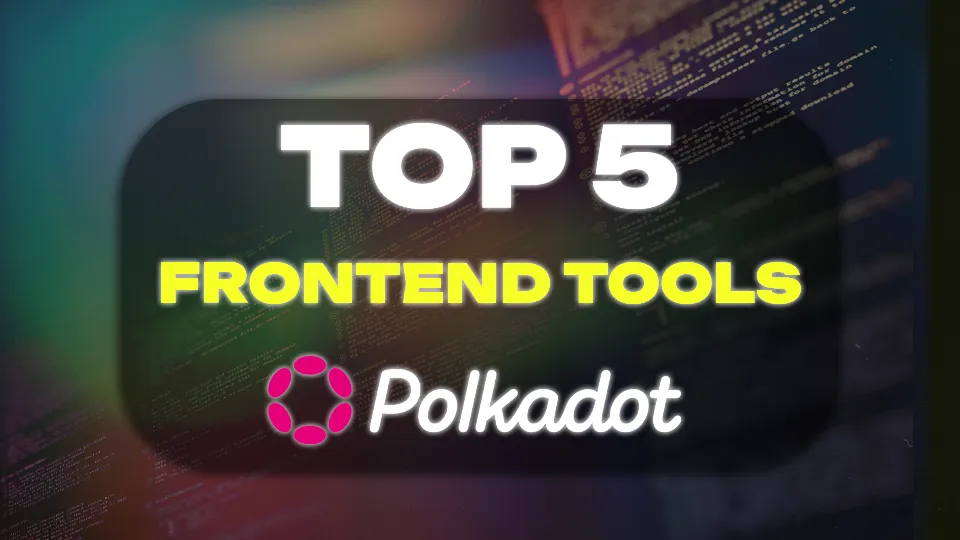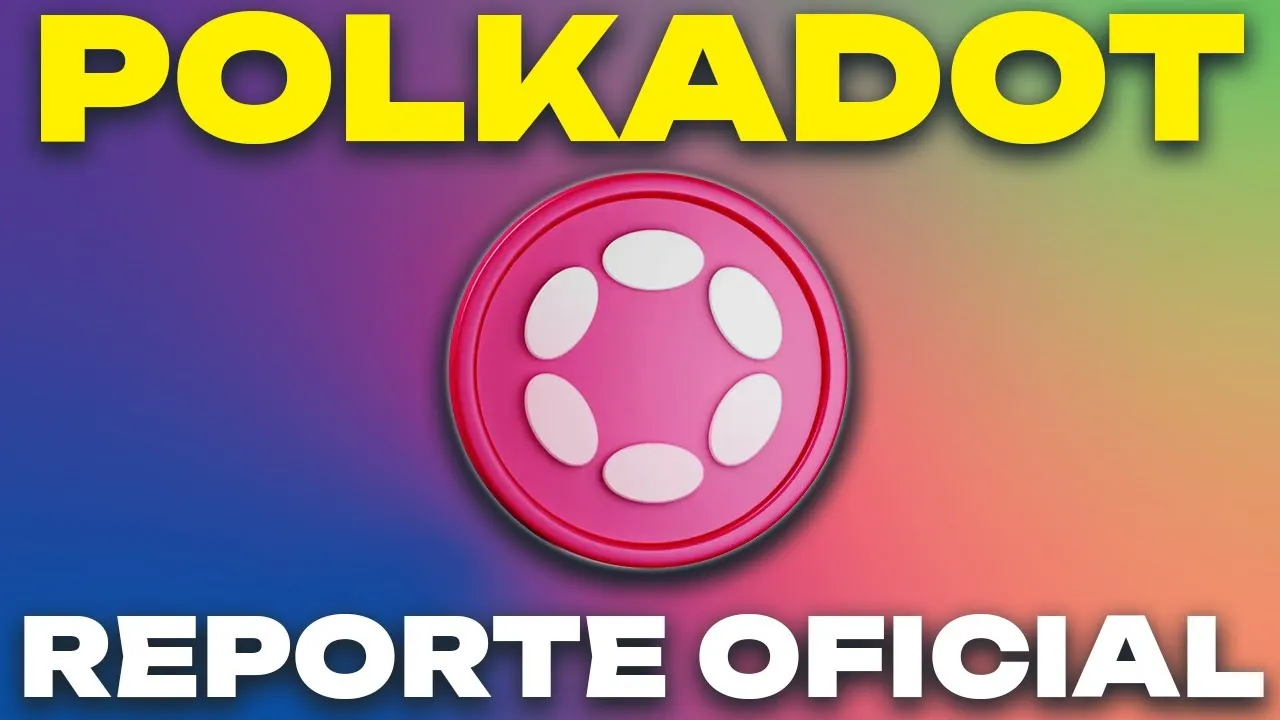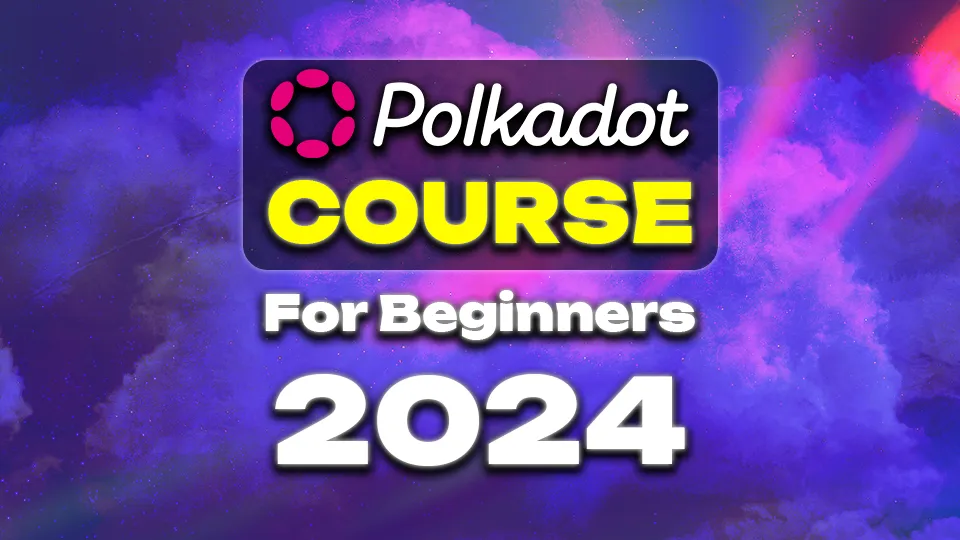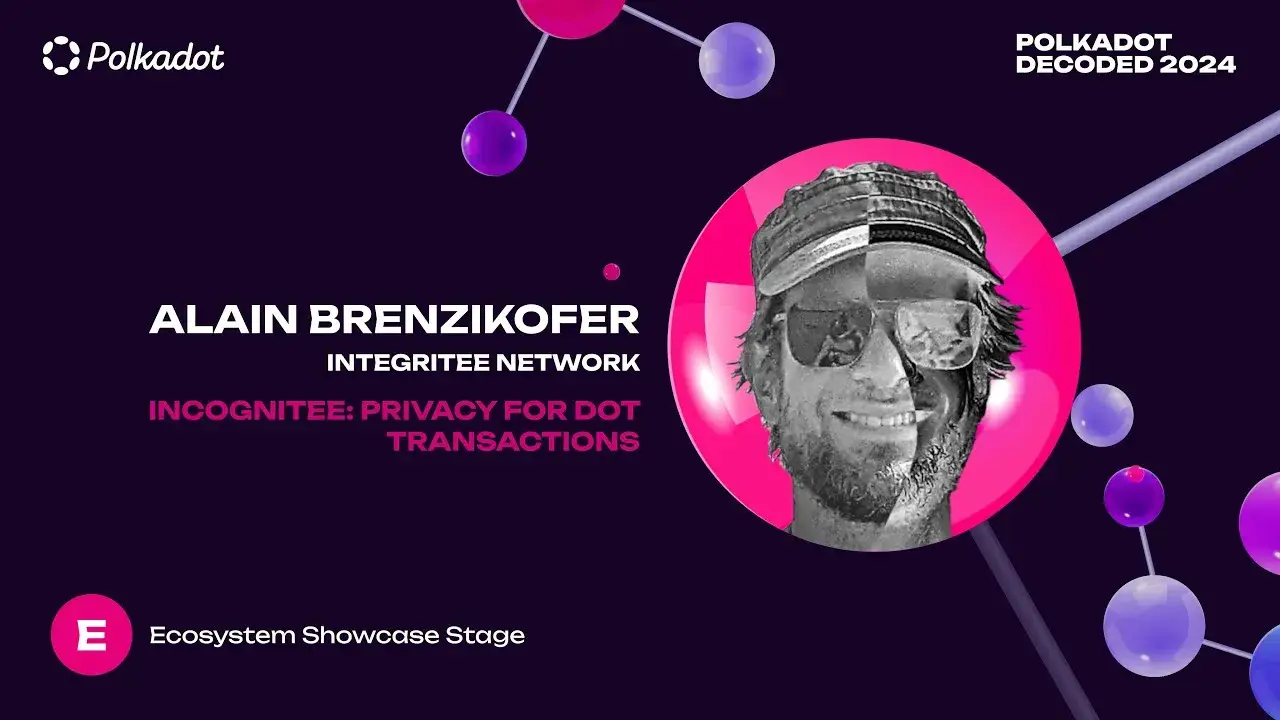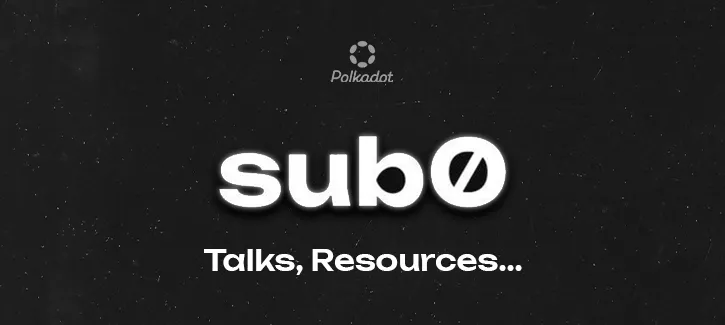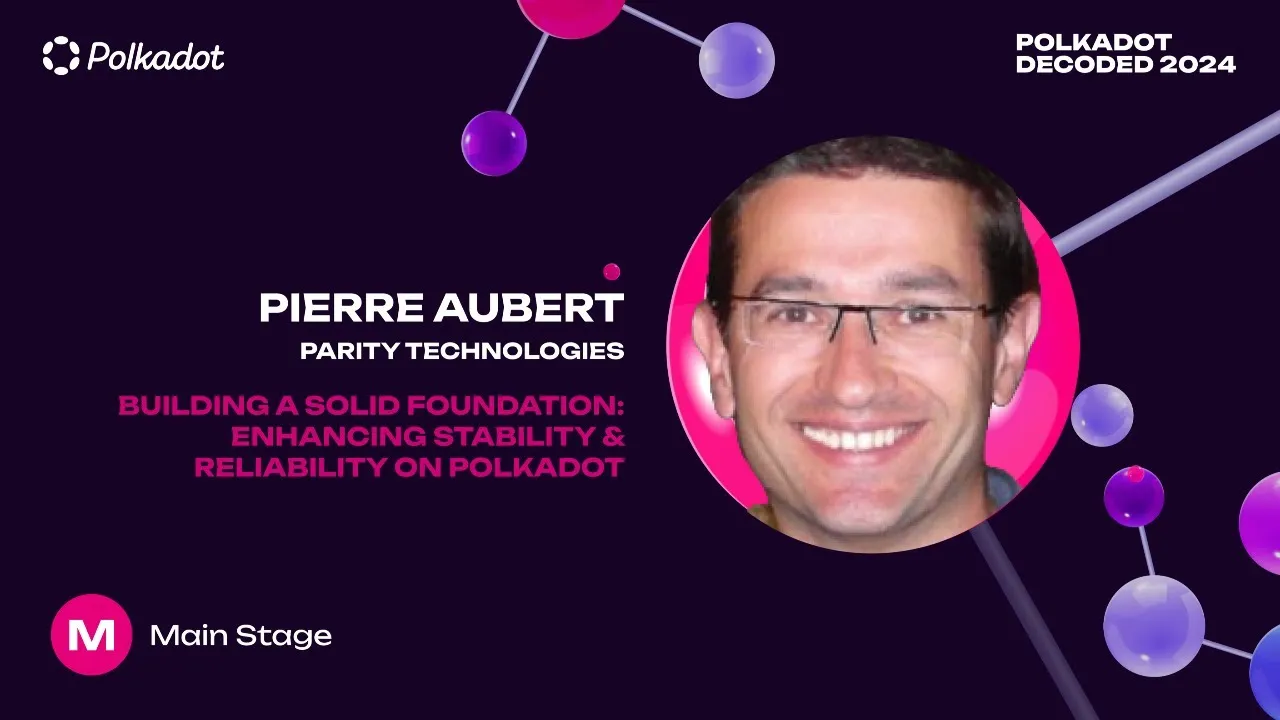

Zero Network
Decentralized network enabling innovative game creation and operation in the Web3 era with advanced blockchain technology.
Understanding Aventus Network: An In-Depth Exploration for the Polkadot Ecosystem
Zero Network stands at the intersection of video games and blockchain technology, pioneering a decentralized network designed specifically for video games in the Web3 era. By enabling innovative creation and operation of video games, Zero Network aims to address the limitations of traditional multiplayer network games, transforming the way games are developed, played, and experienced.
Videogames and Blockchains: Thoughts on Performant State Transition for Multiplayer Environments
In conventional multiplayer games, players interact with a central database that serves as the single source of truth. This centralized approach, while effective, imposes significant burdens on clients, servers, and networks, particularly in real-time, fast-paced games like Battlefield, Call of Duty, or Fortnite.
Zero Network explores the potential of blockchain technology to decentralize these systems, offering advantages such as tamper-proof records, fungibility of in-game assets, and innovative economic models based on distributed state.
Time and Complexity of State: Turn-Based vs. Real-Time Games
The distinction between turn-based and real-time games often hinges on the tick size, or the time available to finalize a block on the blockchain. This tick size must be efficiently managed to handle the complexity of the game state being mutated.
For example, a multiplayer shooter with 1024 concurrent players and a 1KB payload per player would require a block size of roughly 1MB, synchronized over participating nodes. True decentralization involves each player running a peer-to-peer node, validating, syncing, and rendering state transitions in real-time—a significant computational challenge.
Into the Realm: Balancing Pressure on State Transition
To manage the complexity and speed of state transitions, Zero Network leverages several techniques:
- Sector-based State Syncing: Players only need to sync the state of their current sector, reducing the overall block time and size.
- Caching and Preloading: Surrounding sectors can be preloaded to anticipate player movement, adjusting the precision of state transitions based on proximity to the player.
Fog of War and Encryption
Fog of War (FoW) not only reduces bandwidth but also enhances gameplay by limiting players’ fields of view. This concept can be extended with encryption, using cryptographic proofs or zero-knowledge proofs to maintain player privacy while ensuring the integrity of state transitions.
Zero Network Extensions: Enhancing Game Development and Experience
Zero Network introduces several advanced features to enhance game development and player experience:
- Autonomous Agents: These entities can make independent decisions and actions, learning from player interactions to create more realistic and immersive gameplay.
- Generative Assets: AI-powered tools generate unique and dynamic game assets, adding variety and keeping players engaged.
- Composable Collectibles: In-game items that can be repurposed or reconfigured, allowing for creative expression and customization.
- Smart Contracts: Automate gameplay aspects like item trading and reputation management, adding complexity and new opportunities for engagement.
- Trusted Execution Environments: Secure game assets and interactions, preventing fraud and protecting player information.
- Data Oracles: Provide real-time insights and personalized game experiences, adapting to player behavior and preferences.
- Identity and Sense: Manage player identities and achievements, creating virtual currencies and incentives to enhance engagement.
- Signal and Control: Allow players to participate in governance decisions through DAOs, fostering a participatory and community-driven game ecosystem.
Conclusion
Zero Network is at the forefront of integrating blockchain technology with video games, offering a decentralized, secure, and innovative platform for game development and operation. By addressing the limitations of traditional multiplayer games and introducing advanced features, Zero Network is poised to revolutionize the gaming industry in the Web3 era. This transformation not only enhances gameplay but also opens new avenues for economic models, player engagement, and game development, making Zero Network a pioneering force in the future of video games.

